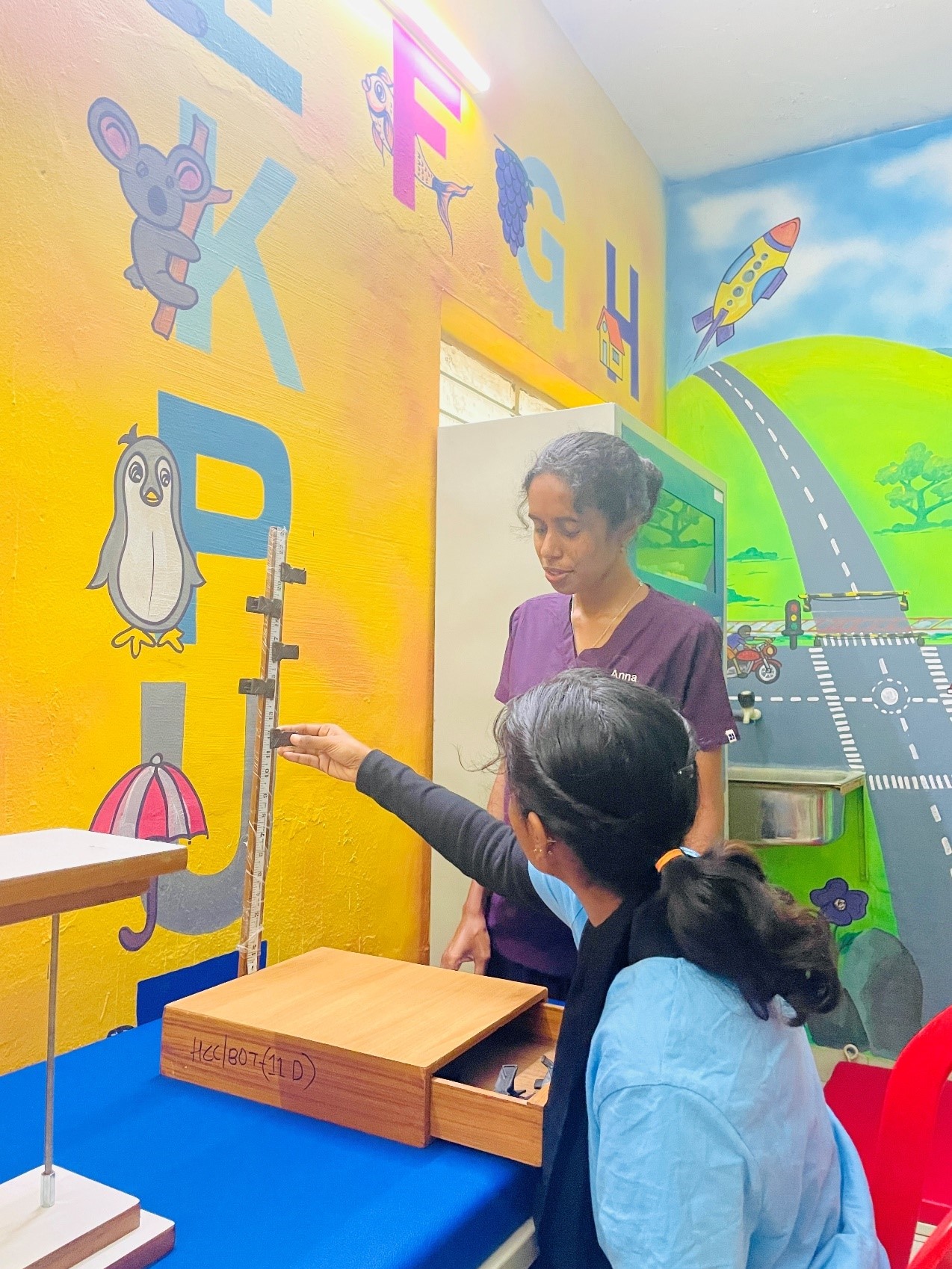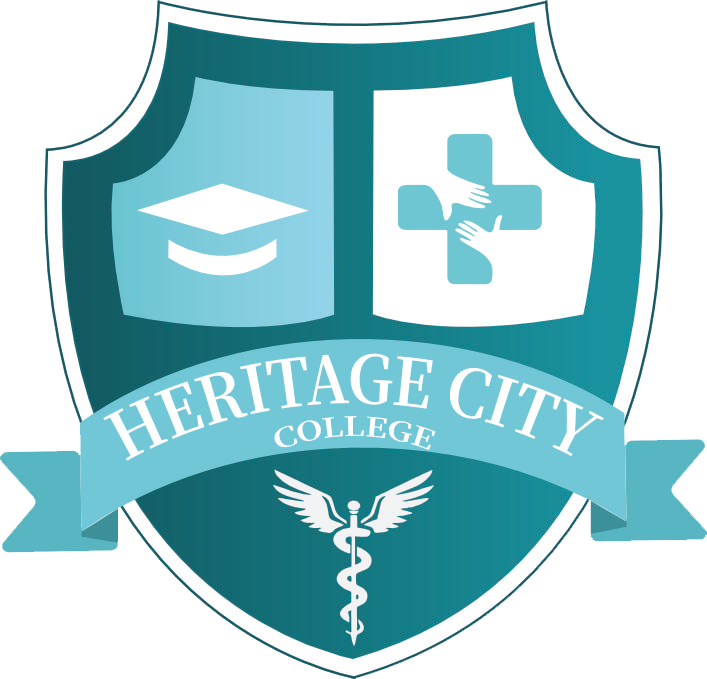Blog Details Home / Blog Details

International . 1st Jul, 2025
Unlocking Potential: The Scope and Promise of Occupational Therapy
Author: Dineshkumar T., MOT (Pediatrics). PhD (Scholar)
Head of the Department, Occupational Therapy
Heritage City Institute of Allied Health Sciences, Mysuru
Co-Author: Mohanraj. S., MOT (Pediatrics)
Assistant Professor, Department of Occupational Therapy
Heritage City Institute of Allied Health Sciences, Mysuru
Occupational Therapy (OT) is a dynamic and rewarding profession that empowers individuals of all ages to participate in meaningful daily activities, or “occupations,” despite challenges due to physical, mental, or developmental conditions. As healthcare continues to evolve, the scope of occupational therapy is expanding rapidly, with increased demand in various domains ranging from pediatrics to geriatrics, mental health to physical rehabilitation, and community-based to school-based interventions.
What is Occupational Therapy?
Occupational Therapy is a client-centered health profession that promotes health and well-being through occupation. The primary goal of OT is to enable individuals to participate in the activities of everyday life. Occupational therapists achieve this by working with people and communities to enhance their ability to engage in the occupations they want, need, or are expected to do, or by modifying the occupation or the environment to better support their occupational engagement.
— World Federation of Occupational Therapists (WFOT, 2012)
Scope of Occupational Therapy in India
The scope of Occupational Therapy in India has broadened significantly with increasing awareness, government support, and the inclusion of OT in multi-disciplinary teams. Areas of practice include:
Pediatrics: Early intervention, autism spectrum disorders, cerebral palsy, ADHD, and learning disabilities.
Neurology: Stroke, traumatic brain injury, spinal cord injuries, and neurodegenerative disorders.
Orthopedics and Hand Rehabilitation: Post-fracture care, arthritis, burns, and prosthetic training.
Mental Health: Depression, anxiety, schizophrenia, and substance use disorders.
Geriatrics: Dementia, Parkinson's disease, fall prevention, and aging-in-place support.
Community-Based Rehabilitation (CBR): Working in rural and urban outreach programs.
Ergonomics and Workplace Rehabilitation: Injury prevention, return-to-work programs, and workspace assessments.
Academia: Working as a lecturer, assistant professor, or professor in occupational therapy institutions.
Higher Education and Career Advancement in OT
India offers robust opportunities for higher education in occupational therapy, which includes:
Bachelor of Occupational Therapy (BOT) – 4.5-year undergraduate program.
Master of Occupational Therapy (MOT) – 2-year postgraduate program with specializations like Pediatrics, Neurology, Psychiatry, and Orthopedics.
Ph.D. in Occupational Therapy – Research-based doctoral degree promoting evidence-based practice, innovation, and academic contribution.
Globally, OT graduates can pursue certifications like:
NBCOT (USA)
HCPC Registration (UK)
WFOT Equivalency
Postgraduate Diplomas and Masters in countries like Canada, Australia, and the UK
Higher education not only enhances clinical skills but also opens doors to academic, administrative, and research roles in national and international settings.
Why Choose Occupational Therapy?
- Holistic Approach: Treats the whole person—not just the disease.
- Versatile Settings: Hospitals, schools, NGOs, rehabilitation centers, private practice.
- Global Demand: Occupational therapists are highly sought after in countries like the US, Canada, Australia, and the Middle East.
- Professional Recognition: OT is now a regulated and respected health profession globally.
Conclusion
Occupational Therapy is a profession of hope, healing, and human connection. It is not just a career—it's a calling. As the healthcare ecosystem becomes more interdisciplinary and inclusive, the role of occupational therapists will continue to grow, impacting lives across all ages and abilities. At Heritage City Institute of Allied Health Sciences, we are proud to nurture the next generation of occupational therapists who will lead with compassion, competence, and innovation.
References
1. World Federation of Occupational Therapists. (2012). Definition of Occupational Therapy. https://www.wfot.org/about-occupational-therapy
2. All India Occupational Therapists Association (AIOTA). Scope and Practice of OT in India. https://www.aiota.org
3. American Occupational Therapy Association (AOTA). What is OT? https://www.aota.org
4. Occupational Therapy Australia. Career Pathways in OT. https://otaus.com.au
Leave A Comment
Sing in to post your comment or singup if you don’t have any account.

0 Comments